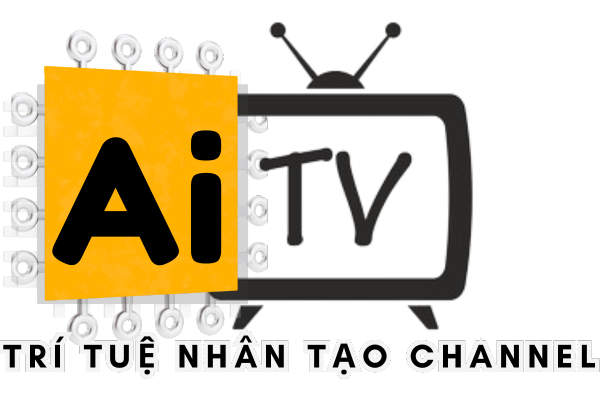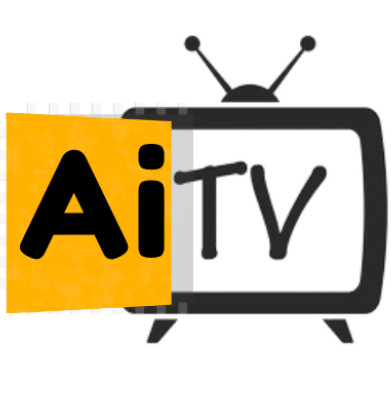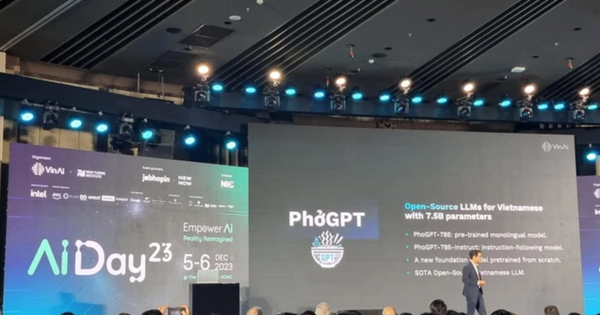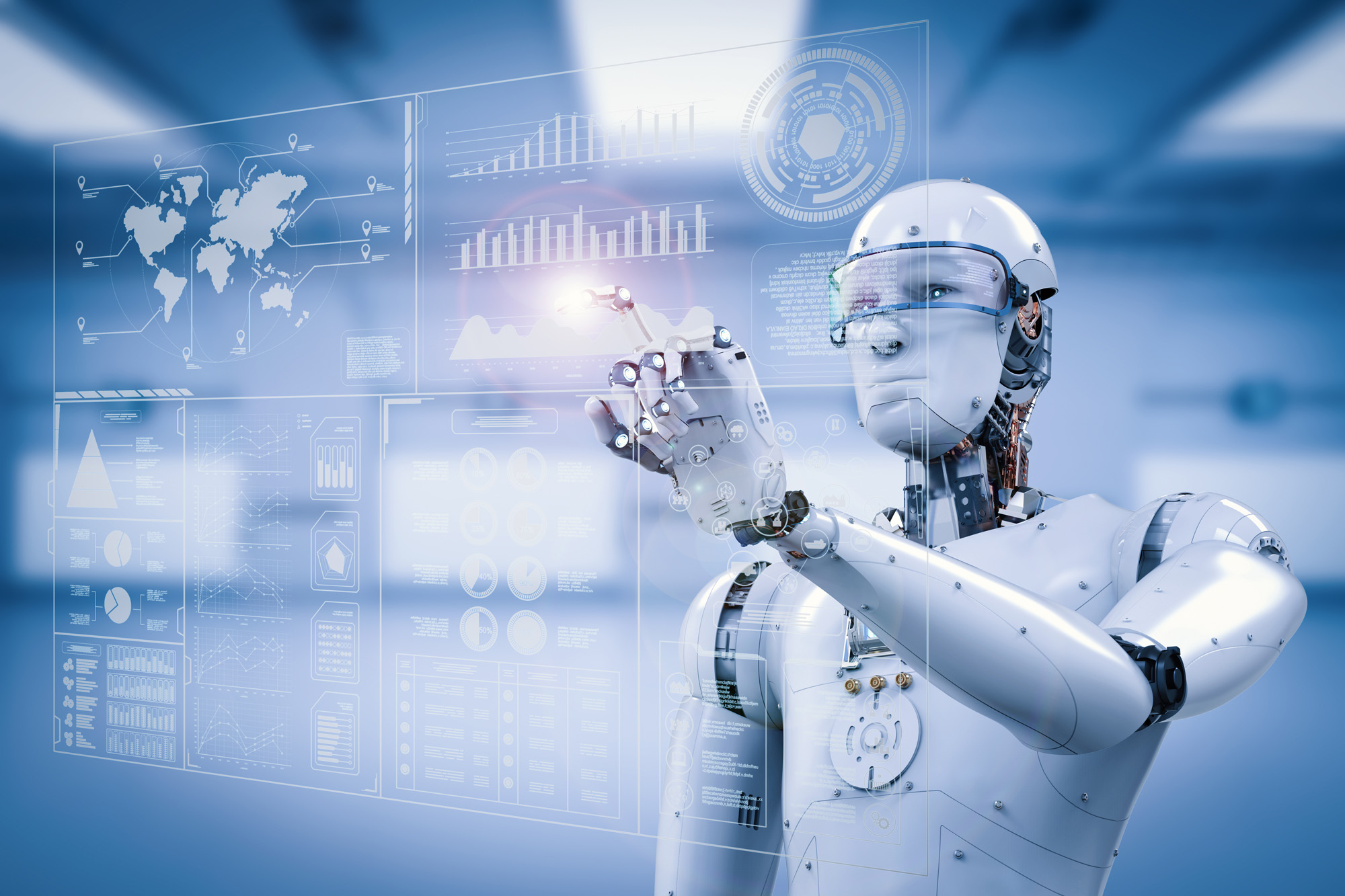Tài liệu tham khảo:
1. Đảng Cộng sản Việt Nam, Văn kiện Đại hội đại biểu toàn quốc
lần thứ XIII. . Vol. Tập I. 2021: NXB Chính trị Quốc gia – Sự thật.
2. Nguyễn Phú Trọng. “Văn hóa là hồn cốt dân tộc, văn hóa còn thì dân tộc còn”. Toàn văn phát biểu của Tổng bí thư Nguyễn Phú Trọng tại Hội nghị Văn hóa toàn quốc 2021 [cited 2024/09/03; Available from: https://laodong.vn/thoi-su/van-hoa-la-hon-cot-dan-toc-van-hoa-con-thi-dan-toc-con-977389.ldo.
3. Hồ Sĩ Quý. Về xây dựng hệ giá trị quốc gia, hệ giá trị văn hóa,
hệ giá trị gia đình và hệ giá trị con người Việt Nam trong thực
hiện hai nhiệm vụ chiến lược từ 1975 đến nay. Báo Điện Tử
Đảng Cộng Sản Việt Nam 2023 [cited 2024/09/04; Available
from: https://dangcongsan.org.vn/hoidonglyluan/lists/
xaydungdang/view_detail.aspx?itemid=153.
4. Hồ Sĩ Quý. Về hệ giá trị quốc gia. Trang Thông tin Điện tử Hội
đồng Lý luận Trung ương 2023 [cited 2024/09/03; 10/02/2023].
Available from: https://hdll.vn/vi/nghien-cuu—trao-doi/ve-he-
gia-tri-quoc-gia.html.
5. Trần Văn Phòng. Một số vấn đề về xây dựng hệ giá trị quốc gia.
Báo Nhân Dân, 2023 [cited 2024/09/03; Available from: https://
nhandan.vn/mot-so-van-de-ve-xay-dung-he-gia-tri-quoc-gia-
post738670.html.
6. Nhóm Phóng viên Báo Điện Tử Đảng Cộng Sản Việt Nam. Xây
dựng hệ giá trị quốc gia, hệ giá trị văn hóa trong thời kỳ mới.
2022 [cited 2024/09/04; Available from: https://dangcongsan.
vn/thoi-su/xay-dung-he-gia-tri-quoc-gia-he-gia-tri-van-hoa-
trong-thoi-ky-moi-625983.html.
7. Tô Lâm. “Chuyển đổi số – động lực quan trọng phát triển lực
lượng sản xuất, hoàn thiện quan hệ sản xuất đưa đất nước bước
vào kỷ nguyên mới”.Cần Thơ Online 2024 [cited2024/09/05;
Available from: https://baocantho.com.vn/chuyen-doi-so-
dong-luc-quan-trong-phat-trien-luc-luong-san-xuat-hoan-
thien-quan-he-san-xuat-dua-d-a177901.html.
8. Ho, M.-T. and Q.-H. Vuong, Five premises to understand
human–computer interactions as AI is changing the world. AI &
SOCIETY, 2024.
9. Khánh Nguyễn. Xây dựng chiến lược chuyển đổi số, một số nội dung cơ bản. Trang điện tử Viện hàn lâm Khoa học Xã hội Việt Nam, 2023 [cited 2024/09/05; Available from: https://vass.gov.vn/tin-hoat-dong-chuyen-doi-so/Xay-dung-chien-luoc-chuyen-doi-so-mot-so-noi-dung-co-ban-12.
10. Nguyễn Đình Quyết. Chuyển đổi số trong doanh nghiệp ở
Việt Nam hiện nay: Những khó khăn cần tháo gỡ. Tạp chí Cộng
Sản 2023 [cited 2024/09/05; Available from: https://www.
tapchicongsan.org.vn/web/guest/gop-y-du-thao-cac-van-kien-
trinh-dai-hoi-xiii-cua-dang/-/2018/824511/view_content.
11. Vũ Văn Phúc and H.K. Hương., Chuyển đổi số trong các doanh
nghiệp nhỏ và vừa ở Việt Nam Tạp Chí Cộng Sản, 2024: p. 10-3-
2024.
12. BĐTĐCS. AI tạo sinh: Bài toán phát triển và quản lý? 2024
[cited 2024 March 25]; Available from: https://dangcongsan.vn/
ban-doc/y-kien-ban-doc/ai-tao-sinh-bai-toan-phat-trien-va-
quan-ly-660083.html.
13. Berry, J.W. and F. Hou, Immigrant acculturation and wellbeing
in Canada. Canadian Psychology / Psychologie canadienne,
2016. 57(4): p. 254-264.
14. Mantello, P., et al., Machines that feel: behavioral
determinants of attitude towards affect recognition
technology—upgrading technology acceptance theory with
the mindsponge model. Humanities and Social Sciences
Communications, 2023. 10(1): p. 430.
15. Ho, M.-T., et al., Rethinking technological acceptance in the
age of emotional AI: Surveying Gen Z (Zoomer) attitudes
toward non-conscious data collection. Technology in Society,
2022. 70: p. 102011.
16. Durampart, M., P. Bonfils, and M. Romero, Digital
Acculturation in the Era of Artificial Intelligence, in Creative
Applications of Artificial Intelligence in Education. 2024,
Springer Nature Switzerland Cham. p. 45-56.
17. Guan, S.-S.A., Digital Acculturation or Displacement?:
Examining the Link Between Social Media and Well-Being.
Frontiers in Human Dynamics, 2021. 3.
18. Guan, S.-S.A., et al., Culture moderates the effect of social
support across communication contexts in young adult women
in the United States. Computers in Human Behavior, 2017. 75:
p. 775-784.
19. Ho, M.-T., P. Mantello, and Q.-H. Vuong, Emotional AI in
education and toys: Investigating moral risk awareness in the
acceptance of AI technologies from a cross-sectional survey of
the Japanese population. Heliyon, 2024. 10(16).
20. Ho, M.-T., P. Mantello, and M.-T. Ho, An analytical framework
for studying attitude towards emotional AI: The three-pronged
approach. Methods X, 2023. 10.
21. Vuong, Q.H., Mindsponge theory. 2022: Walter de Gruyter
GmbH.
22. Vuong, Q.H., The semiconducting principle of monetary and
environmental values exchange. Economics and Business
Letters, 2021. 10(3): p. 284-290.
23. Vuong, Q.H. and M.T. Ho, Escape climate apathy by harnessing
the power of generative AI. AI & SOCIETY, 2024.
24. Hong, S. and J. Na, How Facebook Is Perceived and Used by
People Across Cultures: The Implications of Cultural Differences
in the Use of Facebook. Social Psychological and Personality
Science, 2017. 9(4): p. 435-443.
25. Chan, M., Multimodal Connectedness and Quality of Life:
Examining the Influences of Technology Adoption and
Interpersonal Communication on Well-Being Across the Life
Span. Journal of Computer-Mediated Communication, 2015.
20(1): p. 3-18.
26. Bondanini, G., et al., Technostress Dark Side of Technology in
the Workplace: A Scientometric Analysis. International journal
of environmental research and public health, 2020. 17(21): p.
8013.
27. Vuong, Q.H. and N.K. Napier, Acculturation and global
mindsponge: an emerging market perspective. International
Journal of Intercultural Relations, 2015. 49: p. 354-367.
https%3A%2F%2Fictvietnam.vn%2Fxay-dung-he-gia-tri-quoc-gia-trong-boi-canh-chuyen-doi-so-va-ky-nguyen-tri-tue-nhan-tao-67209.html




